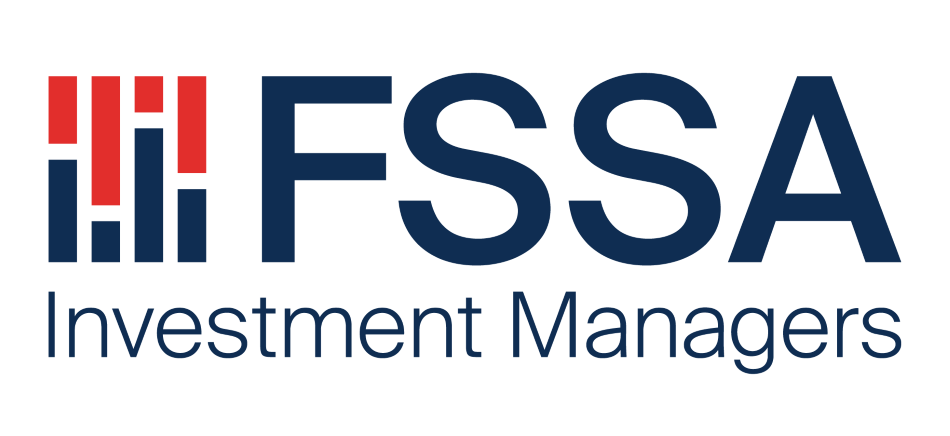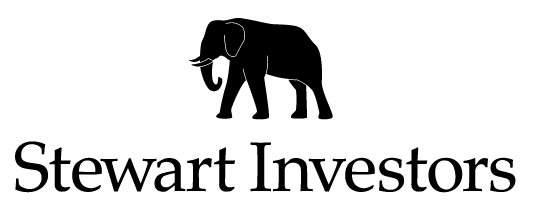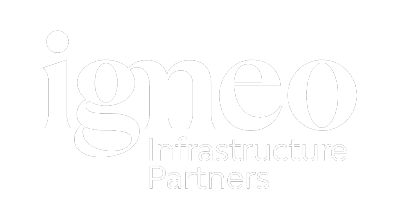A Quarterly Outlook
In the second quarter COVID-19 will continue to hold everyone’s attention as the global economy contracts. Progress of annual trends will adjust, some of them will slow down or be on hold as governments try to adapt to a post-virus reality. The US-China trade dispute will be put on hold with some requirements to be waived or delayed. However, the key differences will not be forgotten. The ongoing oil price war between Russia and Saudi Arabia in combination with the pandemic will cause great struggle for a number of oil-producing countries during this second quarter. We think that Asian nations – ex China – will attempt to take advantage of Western companies looking for more diversification of their supply chains away from China. From an investment perspective – once the wave of indiscriminate selling subsides – differentiation among countries will be at utmost importance in our asset class. Trends set into motion by the current crisis will have vastly different effects on emerging markets’ economies in terms of debt sustainability, current account and fiscal balances, as well as rising political tensions in some countries.
The speed of government (and central bank) responses to help households and businesses will shape the outlook for a recovery. Notwithstanding this, there will be long lasting constraints on investment and consumption. Companies will face financial pressure, which will most certainly lead to more jobs being lost and further slowdown in economic activity. The collapse of the OPEC+ production agreement will remain in the spotlight as both Russia and Saudi Arabia increase their oil production, and demand – battered by COVID-19 – remains anaemic. The only prospect for a reversal in oil prices would be the shutdown of expensive production elsewhere. The chances of Saudi Arabia and Russia reaching another agreement in Q2 are rather slim. By summer, we expect Saudi Arabia to realise that their production strategy keeps backfiring and Riyadh might try to form a smaller coalition with other oil producers in an attempt to stabilise prices.
The outbreak of COVID-19 in the Asia-Pacific region will exacerbate political and economic difficulties. So far, phase one of the trade deal held and will very likely remain in place during the quarter, which leaves the door open for further negotiations. However, China’s ability to follow through on agreed purchases (and the US to deliver the purchases) is now put into question. To maintain the deal and avoid any further economic headwind before the US elections in November, Washington will most likely remain flexible on key terms of the trade agreement. China is trying to stimulate its economy via monetary policy and targeted measures for key industries, but given the deep hit to growth earlier this year and challenges ahead for Beijing’s export-oriented economy, a swift recovery appears to be unlikely. The risk of another outbreak induced from abroad – as seen in Japan or Hong Kong – puts further risk to China’s second quarter growth.
Middle East and North African economies will have to endure the negative impact from low energy prices. The United Arab Emirates, Qatar and Kuwait will be in a better position to preserve most of their social spending and avoid negative political consequences. Countries with less energy and financial reserves like Oman and Bahrain – and even Saudi Arabia – will have to adjust spending faster than their wealthier neighbors, but, in our view, not to the magnitude that would provoke any social unrest.
The economic meltdown in Argentina will continue. The new government missed their self-imposed deadline of 31 March to come up with a debt restructuring plan. COVID-19 related shutdowns will slow that process further. Chile’s economic outlook has darkened given that copper exports account for half of the country’s total exports, of which most goes to China. The virus outbreak has prevented more social unrest, but economic woes and the constitutional referendum (which got delayed until Q4) keep the issues alive. In Ecuador, low oil prices hit the key revenue source for the government and leave the country struggling to meet their debt obligations. This could provide an opportunity for the opposition and indigenous protesters to once again challenge the government.
Russia will continue with their social spending plans by tapping into reserves. This will be easily sustainable during the quarter, regardless of low oil prices, and help Moscow to achieve a popular vote on the amendments to its constitution once COVID-19 subsides. In Eurasia, most of the oil-producing countries will face severe shortfalls which – other than in Russia – will force them to cut spending or increase their debt burden. Azerbaijan, which also has high refining capacities, may cope better with the negative economic fallout from the crisis than other countries in the region.
The collapse in oil prices also wreaks havoc for oil producing countries in Sub-Saharan Africa including Ghana, Gabon, and Angola. To fill the gap in their budget they either have to turn to more debt financing or seek additional assistance from the IMF and other multinational institutions. Nigeria will be forced to adopt austerity measures (i.e. cutting back on public spending and subsidies) and likely revisit some privatisation plans. If the oil price remains below $30-$40 per barrel, the country will likely face another currency devaluation during this or the next quarter. We think opposition pressure on Nigerian President Muhammadu Buhari will increase, but the impact on political stability remains rather low (the country’s next presidential election is in 2023). South Africa’s economic malaise will continue in the second quarter as the global economy is dealing with the fallout from the coronavirus. The government will continue to propose significant cuts to its public wage bill, but any attempt to actually implement wage cuts will be met with the threat of strikes from the country’s labor unions.
Important Information
This document is not a financial promotion and has been prepared for general information purposes only and the views expressed are those of the writer and may change over time. Unless otherwise stated, the source of information contained in this document is First State Investments, and is believed to be reliable and accurate.
References to “we” or “us” are references to First State Investments.
First State Investments recommends that investors seek independent financial and professional advice prior to making investment decisions.
In the United Kingdom, this document is issued by First State Investments (UK) Limited which is authorised and regulated in the UK by the Financial Conduct Authority (registration number 143359). Registered office: Finsbury Circus House, 15 Finsbury Circus, London, EC2M 7EB, number 2294743.
Outside the UK within the EEA, this document is issued by First State Investments International Limited which is authorised and regulated in the UK by the Financial Conduct Authority (registration number 122512). Registered office 23 St. Andrew Square, Edinburgh, EH2 1BB number SC079063.
MAR000593_0420_UK/EU














 Australia
Australia  New Zealand
New Zealand  Hong Kong (English)
Hong Kong (English)  Singapore
Singapore 















